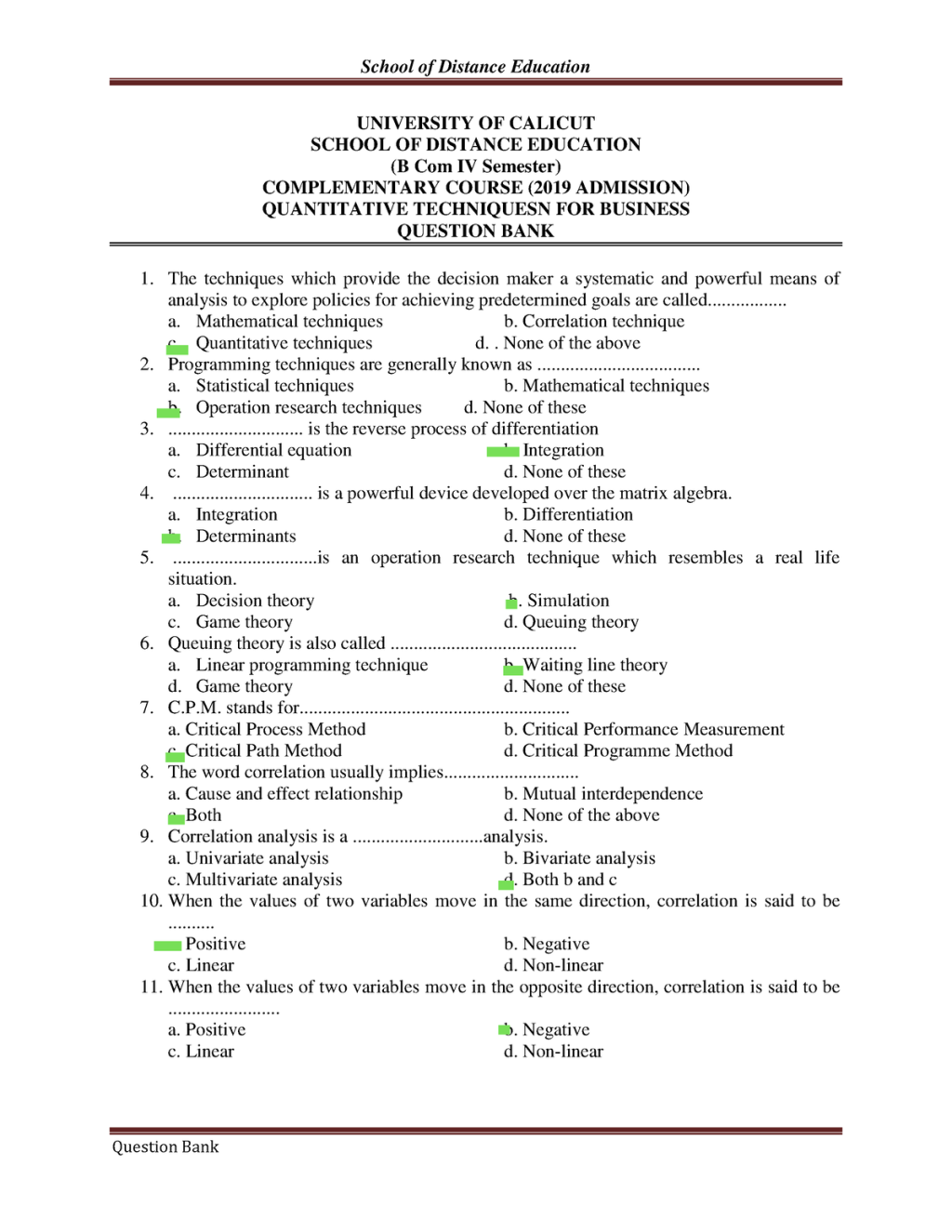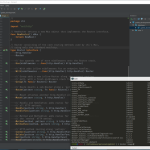Unlock The Power: Discover Why Programming Techniques Are Generally Known As Game-Changers
Programming Techniques are Generally Known As
Greetings, Readers! Today, we will delve into the fascinating world of programming techniques and explore their significance in the realm of technology. Programming techniques, also referred to as programming paradigms, are a set of principles and guidelines that programmers follow to solve complex problems and develop efficient software solutions. These techniques serve as the foundation for creating computer programs and enable developers to write code that is easier to understand, maintain, and debug.
What are Programming Techniques?
1 Picture Gallery: Unlock The Power: Discover Why Programming Techniques Are Generally Known As Game-Changers

🔍 Programming techniques encompass various approaches, methodologies, and styles that programmers employ to tackle specific tasks and challenges in software development. These techniques dictate how code is structured, organized, and written, providing a framework for programmers to solve problems and create robust software solutions.
Imperative Programming
🔍 Imperative programming is a programming technique that focuses on describing how a program should execute step by step. It involves the use of statements that change the program’s state, instructing the computer how to perform a sequence of actions. This technique is commonly used in low-level programming languages such as Assembly and C.
Functional Programming

Image Source: cloudfront.net
🔍 Functional programming is a programming technique that treats computation as the evaluation of mathematical functions. It emphasizes immutability and avoids changing state and mutable data. Languages like Haskell and Lisp are examples of functional programming languages.
Object-Oriented Programming
🔍 Object-oriented programming (OOP) is a programming technique that revolves around the concept of objects, which are instances of classes. OOP focuses on encapsulation, inheritance, and polymorphism to structure code and enable reusability. Languages such as Java and C++ employ object-oriented programming.
Procedural Programming
🔍 Procedural programming is a programming technique that organizes code into procedures or subroutines that perform specific tasks. It follows a top-down approach, dividing the program into smaller, manageable parts. Languages like Pascal and C are commonly associated with procedural programming.
Event-Driven Programming
🔍 Event-driven programming is a programming technique that revolves around events, such as user actions or system notifications. It focuses on responding to events through event handlers and callbacks. Event-driven programming is prevalent in graphical user interfaces and web development.
Structured Programming
🔍 Structured programming is a programming technique that promotes the use of control structures, such as loops and conditionals, to improve code clarity and maintainability. It avoids unstructured control flow, such as the use of goto statements. Structured programming can be found in languages like Python and C.
Advantages and Disadvantages of Programming Techniques
Advantages
🔍 1. Improved Code Reusability: Programming techniques provide structure and guidelines that enable developers to write reusable code, saving time and effort in future projects.
🔍 2. Modularity: Techniques like object-oriented programming facilitate modularity, allowing developers to break down complex systems into smaller, manageable components.
🔍 3. Code Maintainability: Following programming techniques leads to more maintainable code, making it easier to debug and update as software evolves.
🔍 4. Increased Productivity: By adhering to programming techniques, developers can write code more efficiently and effectively, leading to improved productivity.
🔍 5. Code Readability: Techniques such as structured programming enhance code readability, making it easier for other developers to understand and collaborate on projects.
Disadvantages
🔍 1. Steep Learning Curve: Certain programming techniques, such as functional programming or object-oriented programming, may have a steep learning curve for beginners.
🔍 2. Performance Overhead: Some techniques, like object-oriented programming, may introduce performance overhead due to the additional layers of abstraction.
🔍 3. Limited Use Cases: Different programming techniques are suitable for different scenarios, and using an inappropriate technique may result in suboptimal code.
🔍 4. Compatibility Issues: Mixing different programming techniques in the same project may lead to compatibility issues and hinder code integration.
🔍 5. Maintenance Challenges: While programming techniques enhance code maintainability, improper implementation or lack of documentation can make maintenance challenging.
Frequently Asked Questions (FAQ)
Q: Which programming technique is the best?
A: The choice of programming technique depends on the specific requirements of the project and the preferences of the development team. Each technique has its strengths and weaknesses, and the best approach varies from case to case.
Q: Can I mix different programming techniques in a single project?
A: Yes, it is possible to combine multiple programming techniques in a project. However, careful consideration should be given to ensure compatibility and maintainability.
Q: Are programming techniques language-specific?
A: No, programming techniques are not tied to a specific programming language. While some languages may be more suitable for certain techniques, most techniques can be applied across various programming languages.
Q: How can I choose the most appropriate programming technique for my project?
A: To select the right programming technique, assess the project’s requirements, consider the scalability and maintainability needs, and evaluate the expertise and familiarity of the development team with different techniques.
Q: Are programming techniques constantly evolving?
A: Yes, programming techniques continue to evolve as technology advances and new paradigms emerge. It is essential for developers to stay updated with the latest trends and adapt their techniques accordingly.
Conclusion
In conclusion, programming techniques play a crucial role in software development by providing guidelines and principles for programmers to follow. By adhering to these techniques, developers can create efficient, maintainable, and reusable code. Despite their unique advantages and disadvantages, the choice of programming technique depends on the project’s requirements and the preferences and expertise of the development team. So, embrace the power of programming techniques and let them guide you in your software development endeavors!
Now that you have gained insight into programming techniques, it’s time to put your knowledge into practice. Start exploring different techniques, experiment with their implementation, and continue learning and growing as a programmer. Happy coding, friends!
Final Remarks
Disclaimer: The information provided in this article is for educational purposes only and does not constitute professional advice. The author and publisher assume no responsibility for any errors or omissions in the content. Always seek the guidance of a qualified professional for any specific questions or concerns related to programming techniques.
This post topic: Programming


![Most Effective Web Development Methodologies []](https://meicode.info/wp-content/uploads/2023/09/most-effective-web-development-methodologies-150x150.jpg)
